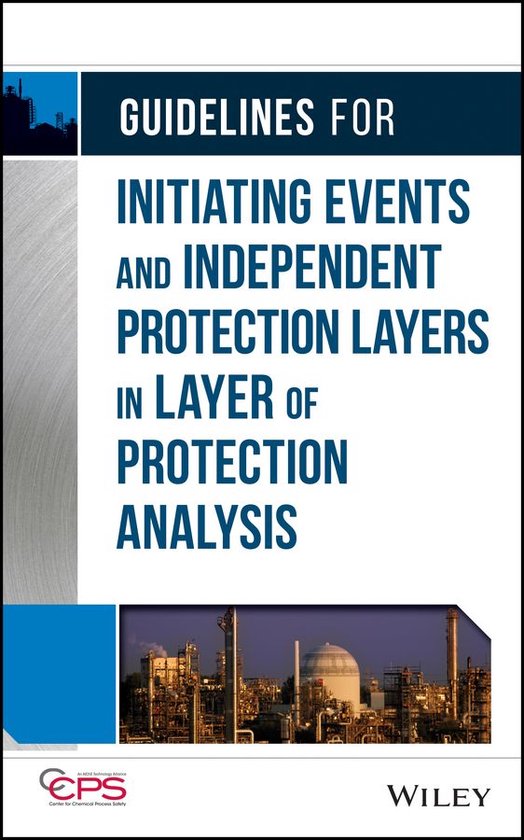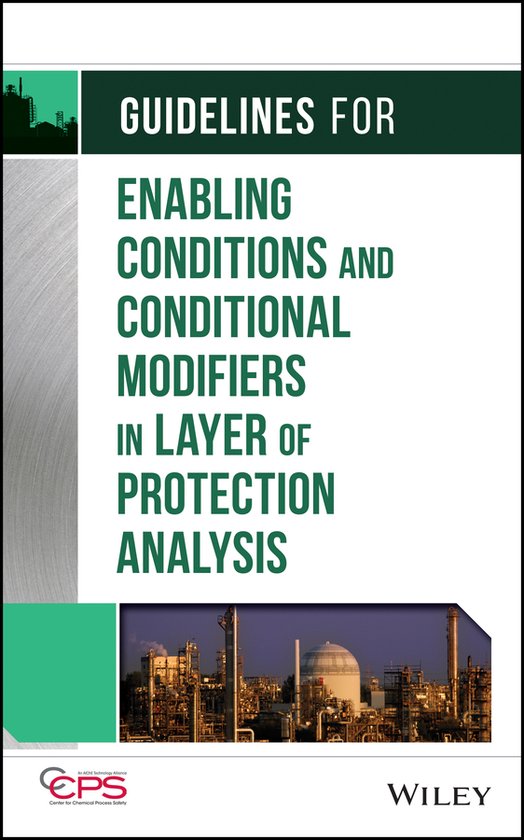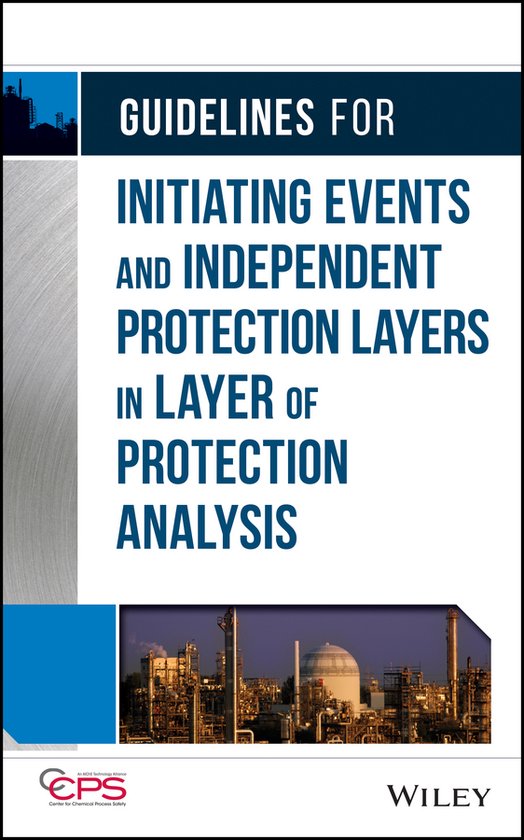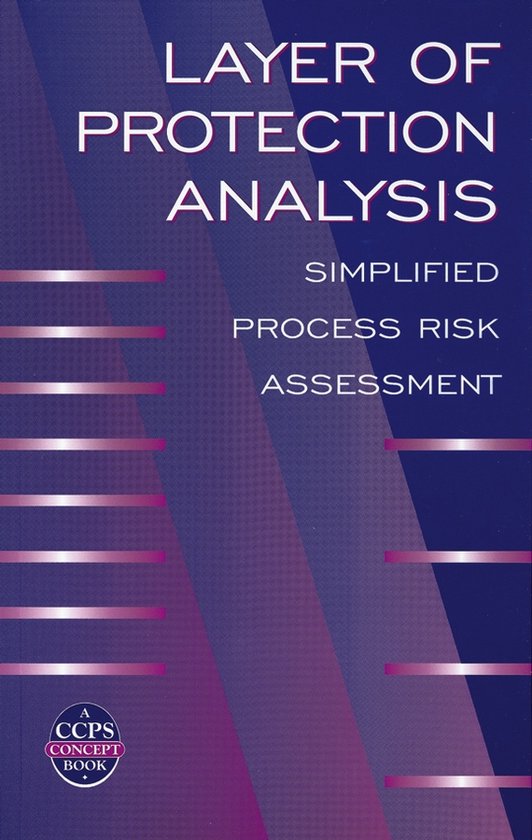
Guidelines for Initiating Events and Independent Protection Layers in Layer of Protection Analysis
The book is a guide for Layers of Protection Analysis (LOPA) practitioners. It explains the onion skin model and in particular, how it relates to the use of LOPA and the need for non-safety instrumented independent protection layers. It provides specific guidance on Independent Protection Layers (IPLs) that are not Safety Instrumented Systems (SIS). Using the LOPA methodology, companies typically take credit for risk reductions accomplished through non-SIS alternatives; i.e. administrative procedures, equipment design, etc. It addresses issues such as how to ensure the effectiveness and maintain reliability for administrative controls or “inherently safer, passive” concepts.
This book will address how the fields of Human Reliability Analysis, Fault Tree Analysis, Inherent Safety, Audits and Assessments, Maintenance, and Emergency Response relate to LOPA and SIS.
The book will separate IPL’s into categories such as the following:
-
Inherent Safety
- eliminates a scenario or fundamentally reduces a hazard
-
Preventive/Proactive
- prevents initiating event from occurring such as enhanced maintenance
-
Preventive/Active
- stops chain of events after initiating event occurs but before an incident has occurred such as high level in a tank shutting off the pump.
-
Mitigation (active or passive)
- minimizes impact once an incident has occurred such as closing block valves once LEL is detected in the dike (active) or the dike preventing contamination of groundwater (passive).
| Auteur | | Ccps (Center For Chemical Process Safety) |
| Taal | | Engels |
| Type | | E-book |
| Categorie | | Wetenschap & Natuur |



